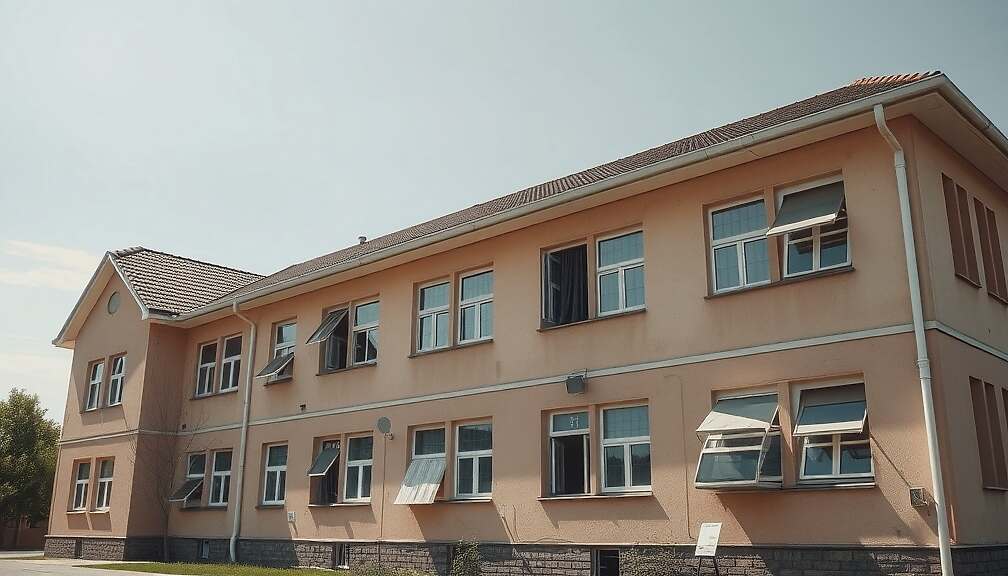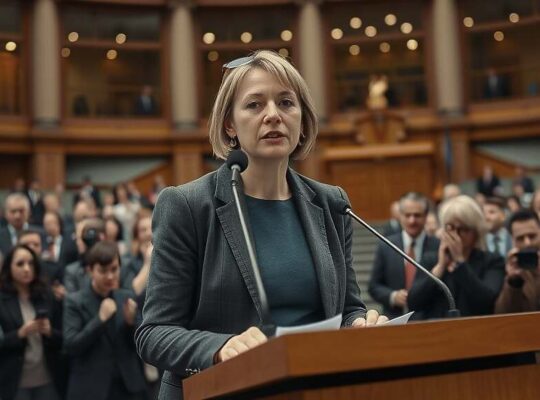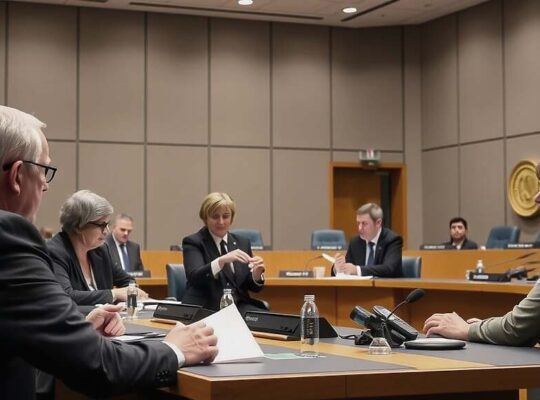Concerns are mounting over the adequacy of school infrastructure to cope with increasingly frequent and intense heatwaves across Germany. Stefan Düll, President of the German Teachers’ Association, has urged the federal government to allocate funds from its special infrastructure fund towards the renovation of dilapidated school buildings.
Düll stated that currently, very few schools in Germany are adequately equipped to withstand high temperatures. He highlighted the vulnerability of older buildings, particularly those constructed in the post-war period, citing a lack of insulation, inadequate ventilation and a shortage of functional shading systems and drinking water fountains. Many playgrounds also offer insufficient shade.
The call for investment has received cross-party support. Jasmina Hostert, education spokesperson for the SPD parliamentary group, expressed approval of the proposal to finance heat protection measures at schools using funds from the special infrastructure budget. She emphasized the importance of prioritizing the well-being and health of students, alongside ensuring a robust learning environment. Jan van Aken, leader of the Left party, similarly called for financial resources to improve conditions, noting the detrimental impact of high temperatures on students’ ability to concentrate.
The discussion comes amid growing evidence of a significant increase in heat days across Germany since the 1950s – a near tripling to an average of 11.5 heat days per year. Projections indicate that without substantial reductions in greenhouse gas emissions, cities like Berlin could experience between 20 and 35 heat days annually between 2071 and 2100. Adherence to the Paris Agreement climate goals, however, could limit this number to an average of ten to sixteen heat days per year.












